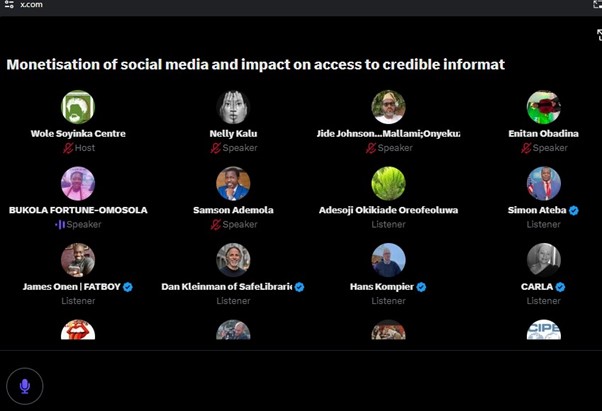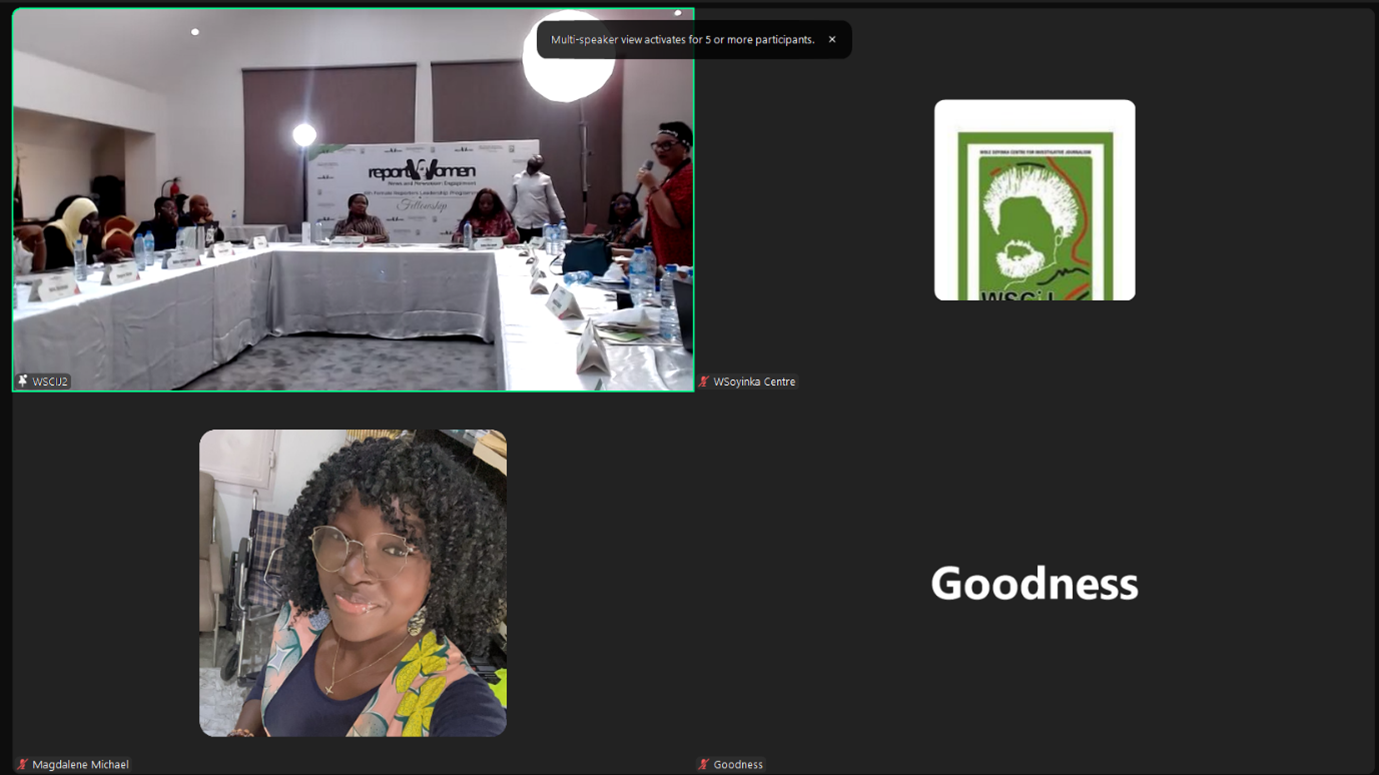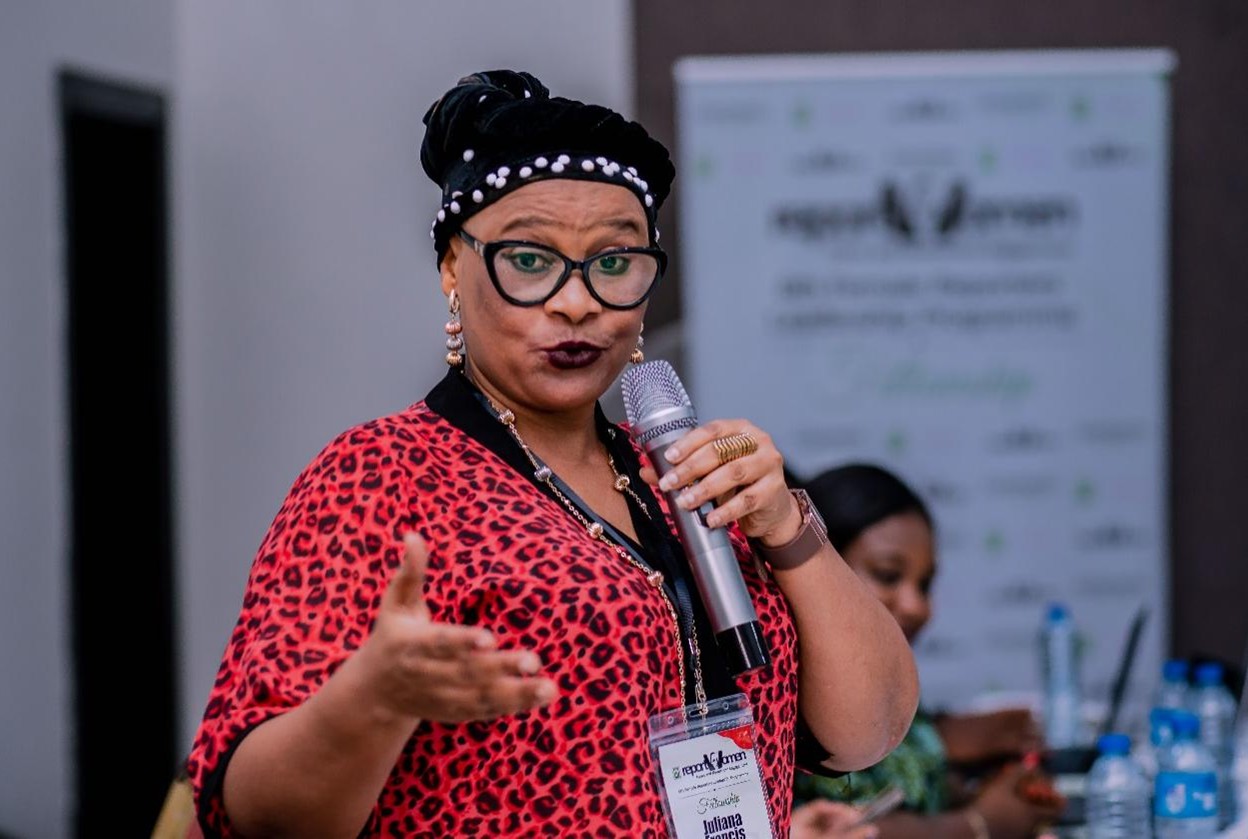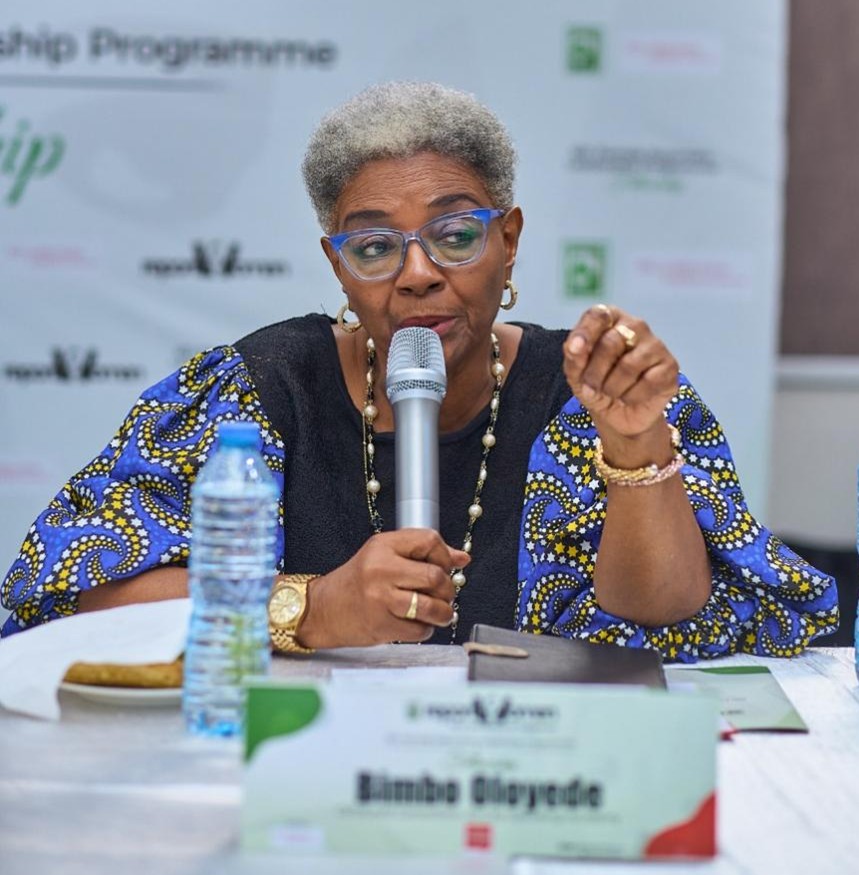At the 25 June edition of the Wole Soyinka Centre for Investigative Journalism’s Journalism & Society Conversations, panellists highlighted the media’s evolving roles and responsibilities in the digital age amid social media monetisation.
The trio of Jide Johnson, Director of Special Programmes, Nigerian Institute of Journalism(NIJ); Nelly Kalu, Project Manager, Center for Collaborative Investigative Journalism (CCIJ) and Enitan Obadina, Co-Lead, Review Team, Opera News discussed the impact of internet technology and social media on contemporary media landscapes, emphasising the need for balanced, ethical journalism and the empowerment of media consumers during the conversation themed “Monetisation of social media and impact on access to credible information”.
Johnson discussed the fusion of mainstream and new media in the ‘mediamorphosis’ age, transforming audiences into content creators and distributors. He cited William Dunfin of the Oxford Internet Institute, who described social media as the ‘fifth estate’ without traditional gatekeeping. The mass communication scholar highlighted the dual role of media in serving public and commercial interests as social media monetisation has added a new economic dimension to the media landscape. He noted that both traditional and new media face challenges of maintaining fairness, accuracy, and balance while grappling with sensationalism, speed, and privacy concerns.
In her contributions. Kalu explained that content monetisation has resulted in increased content creation. She argued that profit-making and content creation should not termed unethical. The CCIJ project manager revealed that the new media seems novel because traditional media houses had always been reactive. Explaining social media monetisation through targeted ads, sponsored content and subscription models, Kalu pointed out the detrimental effects of engagement metrics and algorithms that often promote sensationalism and unhealthy competition among creators. She advised mainstream media to collaborate with content creators, educate audiences on fact-checking, and empower media users to evaluate content. Following the United Nations Educational, Scientific and Cultural Organization (UNESCO) guidelines, she stressed the importance of identifying hate speech, false news, and AI-generated information to enhance consumers’ critical thinking and seek credible sources.
Obadina argued that social media lacks a formal gatekeeping mechanism, leading to challenges with user-generated content. Using Opera News as a case study, he highlighted their review department, which monitors algorithms, fact-checks trending news, and regularly conducts training sessions for their writers.
Reacting on behalf of the Wole Soyinka Centre for Investigative Journalism (WSCIJ), Programme Officer Samson Ademola emphasised that social media monetisation leverages audiences for revenue generation, transforming social media into a significant economic force. While this shift has spurred innovation and growth, Ademola noted that it has also led to critical issues, such as the spread of disinformation and misinformation, which can undermine public trust, distort facts, and compromise the integrity of our information ecosystems.
The WSCIJ Journalism & Society Conversations facilitates online discussions about the role of the media in society, both nationally and globally, and examines the performance of journalists and the media within this context.








